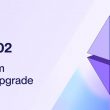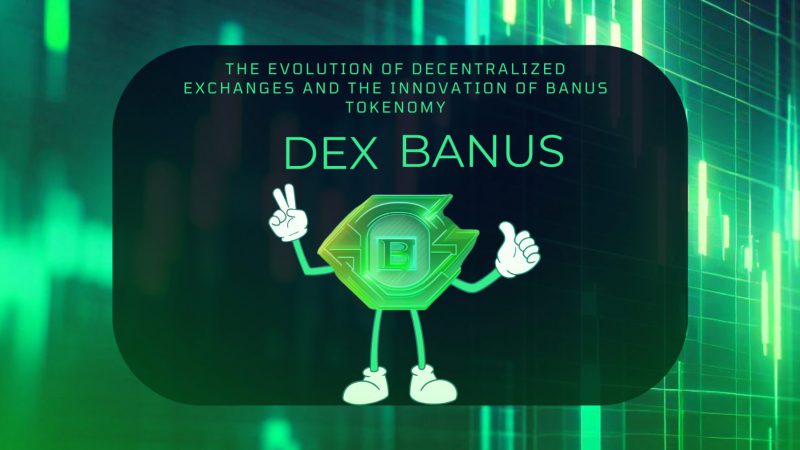The DeFi space has brought forth a new revolution in finance. However, the decentralized exchange, or DEX, lies at the center of this revolution. DEXs offer a secure, transparent, and intermediary-free alternative to the traditional system. Among others, DEX BANUS, in particular, stands out for its state-of-the-art platform and its innovative tokenomics.
Banus Dex Future Exchange and Liquid Staking is a decentralized futures and liquid betting exchange. The project is powered by the BANUS Protocol Token (BANUS TOKEN). The token is based on Avalanche and will be tradable for Bitcoin, Ethereum, and many other cryptocurrencies available on DEX BANUS.
BANUS Tokenomics
The token is limited to a supply of only 500 million. Moreover, token holders will see incredible deflation as new tokens will never be minted and existing ones will face burns.
A percentage of the transaction fee will be used for daily buybacks and burns. The greater the trading volume, the greater the amount of fee generated, and hence, the greater the burns. 350 million tokens were made available during the initial sale in June, which translates to 70% of the supply. 10% will go to trade market makers, 10% will go for marketing, and 10% will be held as reserve.
Liquid Staking
The platform also offers liquid staking services for customers. Staking is a process where token holders lock up their tokens for a certain period of time and receive timely rewards for doing so. However, liquid staking allows users to participate in staking without locking up their tokens.
Liquid staking has seen significant growth over the past few years. It offers high liquidity to users while increasing participation. It also allows users to leverage the deposit receipt in the futures market. Liquid staking is basically more flexible and efficient. Liquid staling also significantly reduces market risk for participants.
Advantages of using BANUS
The BANUS Dex futures markets offer traders a very high leverage of up to 50X (at the first stage of development). Furthermore, unlike other futures exchanges, this DEX does not cancel its winning trade to protect itself from losses if its counterparty’s losing position is stopped because it is heavily leveraged.
The platform also has a modular design, which allows it to operate in different blockchain networks efficiently. A core feature of the platform is the multichain operation, which will be available on the Avalanche and Arbitrum networks. Interoperability is a cornerstone of decentralization, and BANUS understands this very well. Users will have a unified interface where they can transact efficiently, whether on the Avalanche or Arbitrum networks. The firm also takes its security very seriously. The team has dedicated a significant amount of time and resources to ensuring that the platform is foolproof and secure. Moreover, they also conduct regular security audits, penetration tests, and code reviews to ensure the platform is secure and reliable.
To know more about BANUS, visit their website, read their whitepaper, or go to their social media pages.
DISCLAIMER: THIS IS A SPONSORED ARTICLE





